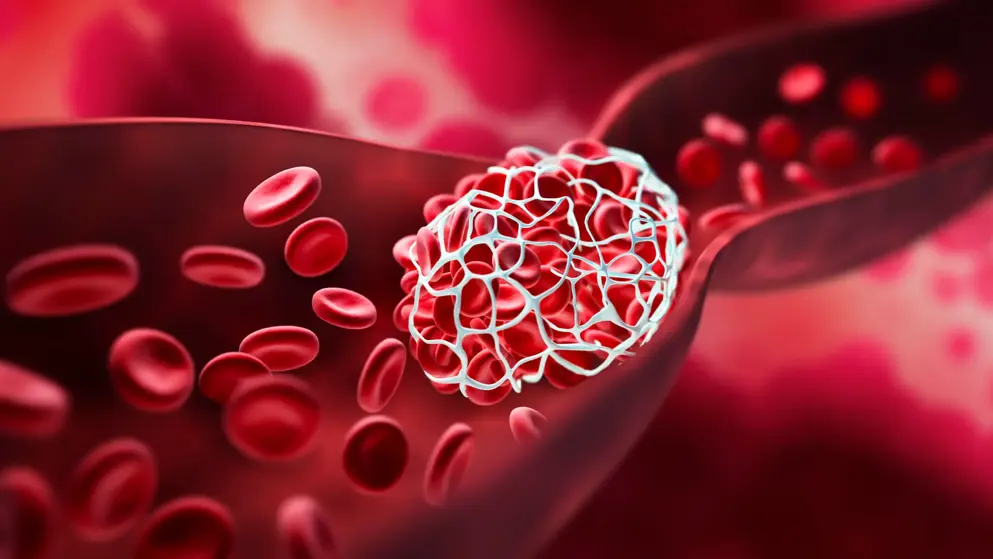
News
Biogen exercises option to acquire TMS 007 for acute ischemic stroke based on positive phase IIa data.
Biogen Inc and TMS Co., Ltd. announced that Biogen exercised its option to acquire TMS 007, an investigational drug for acute ischemic stroke, from TMS.
Biogen Inc and TMS Co., Ltd. announced that Biogen exercised its option to acquire TMS 007, an investigational drug for acute ischemic stroke, from TMS. Biogen’s decision to acquire TMS 007 was based on positive data from a Phase IIa study.
The study met its primary safety objective with no incidence of symptomatic intracranial hemorrhage (sICH) and demonstrated positive impacts on both blood vessel reopening in the brain as well as patient functional recovery. Patients were dosed up to 12 hours after the onset of stroke symptoms; average time to treatment was 9.5 hours for patients who received TMS 007 and 9.3 hours for those who received placebo. All patients who received TMS 007 were dosed beyond the time window of approved thrombolytic agents.
Alfred Sandrock, Jr., M.D., Ph.D., head of research and development at Biogen said “It has been almost 25 years since the last thrombolytic agent was approved for acute ischemic stroke and we believe this novel investigational drug may expand the number of eligible patients who could potentially receive thrombolytic therapy and thus have a higher chance of functional independence after stroke."
Approved thrombolytic agents are limited in their use due to their benefit-risk profile in later time windows. According to the American Heart Association, sICH is the most feared complication of the current thrombolytic therapy, tissue Plasminogen Activator (tPA), which works by dissolving blood clots that block blood flow to the brain. In time windows up to 9 hours after stroke onset, sICH has occurred in patients receiving tPA at rates as high as six percent in controlled studies..
The randomized, placebo-controlled, ascending dose Phase IIa study included 90 participants in Japan (n=52 TMS 007, n=38 placebo). The primary endpoint of the study evaluated safety as assessed by the incidence of sICH with worsening of National Institute of Health Stroke Scale of four points or more. There were no events reported in the patients who received TMS 007 compared to an incidence of three percent in the patients who received placebo. In addition, TMS 007 demonstrated a significant improvement on the secondary endpoint of functional independence at 90 days, with 40 percent of patients who received TMS 007 achieving scores of 0 or 1 on the modified Rankin Scale, a measure of independence in daily living, indicating either no residual symptoms or no significant disability, compared to 18 percent of patients who received placebo (P=< 0.05). This was supported by objective angiographic evidence of recanalization in the subset of patients with a visible occlusion receiving TMS 007. The recanalization rate, as measured by magnetic resonance angiography, was 58.3 percent (14 out of 24) for patients who received TMS 007 compared to 26.7 percent (4 out of 15) for patients who received placebo (odds-ratio 4.23; 95 percent confidence interval (0.99, 18.07)).
Condition: Stroke Prevention
Type: drug

